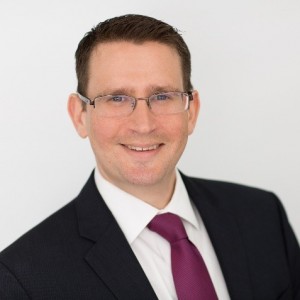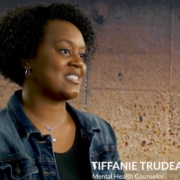Upcoming Books Help Lawyers Avoid Divorce Wars
Tampa Bay divorce attorney Adam B. Cordover was recently cited in a news article from University of California – Los Angeles’ School of Law. The article discusses books that teach lawyers to help families resolve divorce and other disputes privately and peacefully. You can find the article below:
Three new books by UCLA School of Law faculty shine a light on non-traditional forms of practice in order to create greater access to legal services and to help lawyers master alternatives to litigation.
Adjunct Professor Forrest Mosten ’72, a member of the UCLA Law faculty since 2002, and Lecturer Elizabeth Scully are co-authors of The Complete Guide to Mediation and The Family Lawyer’s Guide to Unbundled Legal Services. Mosten also is co-author, with Florida practitioner Adam Cordover, of a third book, Building A Successful Collaborative Practice, to which Scully is contributing a chapter. All three books are published by the American Bar Association. The Complete Guide to Mediation came out in 2015; the other two are slated for publication in 2017.
“We believe that lawyers should be more than gladiators,” said Mosten. “They can be healers and teachers, and their offices can be classrooms of client education. That’s a theme that runs through all of these books and my UCLA courses.”
The Complete Guide to Mediation is a “total rewrite” of the first edition Mosten authored nearly 20 years ago. The 1997 edition, Mosten says, “had to cover a lot of ground… It was a very broad call to arms to family lawyers to be less adversarial.”
With mediation now a tool widely recognized by courts, counsel and clients, the new edition zeroes in on training lawyers in representing clients who participate in mediation.
At UCLA Law, Mosten teaches Mediation, Lawyer as Peacemaker and Family Law Practice: A Non-Litigation Approach. In addition, Mosten – who took experiential law courses under clinical law pioneer and UCLA Law Professor Emeritus David Binder – is an instructor in UCLA Law’s Introduction to the Lawyer-Client Relationship class for first-year students.
Scully teaches a section of Negotiation Theory and Practice and teaches the Mediation clinic.
“Traditional litigation pushes people to the extremity of their position, it polarizes and entrenches so that the other person’s point of view is invisible,” Scully says. “Mediation is different. Engaging with the other person’s point of view is actually a primary focus and purpose of mediation.”
The Family Lawyer’s Guide to Unbundled Legal Services, co-published by the ABA Family Law and Practice Management sections, describes an approach to practice that Mosten says is increasingly favored among family law courts and practitioners. Unbundled legal services, in which clients hire counsel for an a la carte selection of legal tasks, are offered to save the client money and preserve client control while protecting self-represented parties from errors and from unnecessary litigation.
The book outlines how to structure unbundled legal engagements, work with clients on “preventive legal healthcare” to stave off future conflicts, and more. Mosten is considered the father of unbundled legal services, and in 2004 was recognized by the ABA with the organization’s Lawyer as Problem Solver Award and its Lifetime Legal Access Award.
Building a Successful Collaborative Law Practice is an anthology from experts in collaborative law, where couples who are seeking to divorce or separate work with lawyers, financial professionals and others to reach binding agreements without going to court.
“There are a lot of mediators and collaborative professionals who are dedicated, they are trained, and they are starving,” said Mosten, who says that his practice has thrived though he hasn’t gone to court for years. “They are afraid to practice collaborative law. So they keep doing stuff they hate, and they don’t really hone the skills we talk about in the book.”
Scully says the new books help to rethink and broaden the concept of zealous advocacy. “You could define zealous advocacy as doing everything that you ethically can to further a client’s stated position on a litigated issue,” she says. “But maybe that’s a mistake if the client has broader interests in the long game that litigation will not address. You can be a zealous advocate and still encourage clients to look for solutions outside of court.”
If you have questions about how collaborative practice can help you family divorce privately and peacefully, schedule a time to meet with Adam B. Cordover at (813) 443-0615 or by CLICKING HERE to fill out our contact form.
Adam B. Cordover is one of Tampa Bay’s most experienced collaborative attorneys and trains attorneys, accountants, financial planners, therapists, and psychologists to offer collaborative services through the Tampa Bay Collaborative Trainers. Adam is former president of Next Generation Divorce, with members in Hillsborough, Pinellas, Pasco, Sarasota, and Manatee counties, as well as on the Board of Directors of the Florida Academy of Collaborative Professionals and the Research Committee of the International Academy of Collaborative Professionals.





